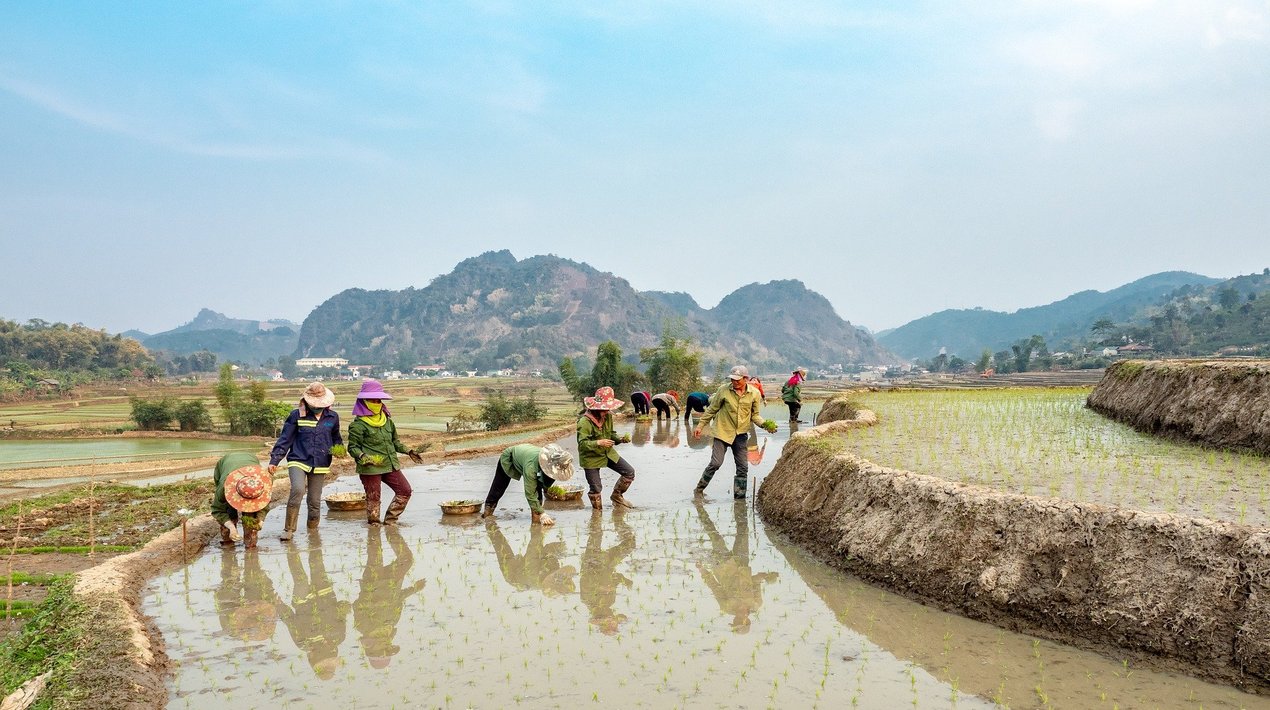
According to the World Bank’s latest report, transforming Philippine agriculture into a dynamic, high-growth environment is crucial for the country’s recovery, poverty reduction, and inclusive growth. Tansforming the country’s farming and food systems are important during the Covid-19 pandemic to ensure strong food value chains, affordable and nutritious food, and a vibrant rural economy. Initiatives are being implemented in the Philippines to improve the agricultural landscape of the country, most importantly for global food security and environmental sustainability.
The Department of Science and Technology’s Philippine Council for Agriculture, Aquatic, and Natural Resources Research and Development (DOST-PCAARRD) has recently introduced a patent mining scheme for selected commodities in order to influence changes in research and development (R&D) and technology transfer prioritisation in the agriculture, aquatic, and natural resources (AANR) sector.
The “Patent Mining Program for Selected AANR Commodities through Strengthened IP-TBM Offices” includes 17 state universities and colleges (SUCs) and research and development institutes that are participating (RDIs). The program will discover emerging agricultural technologies and influence the development of priority R&D programs through patent mining. These tools may help advocate changes in R&D and technology transfer and in crafting new science and technology (S&T) plans for the AANR sector.
Through patent landscaping and mining, the programme will also harness and strengthen the capacities of IP-TBM offices, discover emerging agri-aqua technological trends and recommend priority R&D programmes, and develop or improve the IP policies and technology transfer protocols of other SUCs to align IP management and technology transfer activities, and develop a web-based management information system for the real-time monitoring of IP filings of the IP-TBM network.
With the completion of the IP-TBM network in IP management and technology commercialisation, this programme will continue such initiatives by targeting to file 170 IP applications and execute 17 commercialisation contracts over the course of the two-year project.
Linkages with various agencies will also be enhanced to support activities on IP protection and management, as well as technology transfer and commercialization. Moreover, the programme will also develop a real-time monitoring system that will allow efficient and effective monitoring of all activities and accomplishments of members of the IP-TBM network.
To offset the costs of future catastrophic weather events, the government is rapidly expanding its crop insurance scheme through the Department of Agriculture’s food self-sufficiency programme. Overseen by the state-owned Philippine Crop Insurance Corporation (PCIC), coverage is available to farmers of rice, corn, fisheries, livestock, high-value commercial crops, coconut, and non-crop assets.
Recently, other initiatives were carried out in the agriculture sector in terms of producing high-quality rice by using the machine. OpenGov Asia reported, the Agricultural Training Institute in Central Luzon (ATI-CL) continues to train and provide farmers in Central Luzon with the capability to maximise the use of social media in marketing their crops and learning different smartphone Agri-applications.
Under the Rice Mechanisation Program of the Department of Science and Technology-Philippine Council for Agriculture, Aquatic and Natural Resources Research and Development (DOST-PCAARRD), the Local Riding-Type Rice Transplanter was developed to make planting rice easier for the farmers. The machine uses a technology that enables farmers to transplant rice seedlings with high capacity and convenience of operation. It works as a 4-wheel drive ride-type transplanter that is easier to manoeuvre that can conveniently be driven even on muddy soil.
Investment in agricultural research and development (R&D) by the government is important for global food security and environmental sustainability. Despite the fact that public agricultural R&D projects have high economic returns, they are characterised by long time horizons and temporal lags.
















